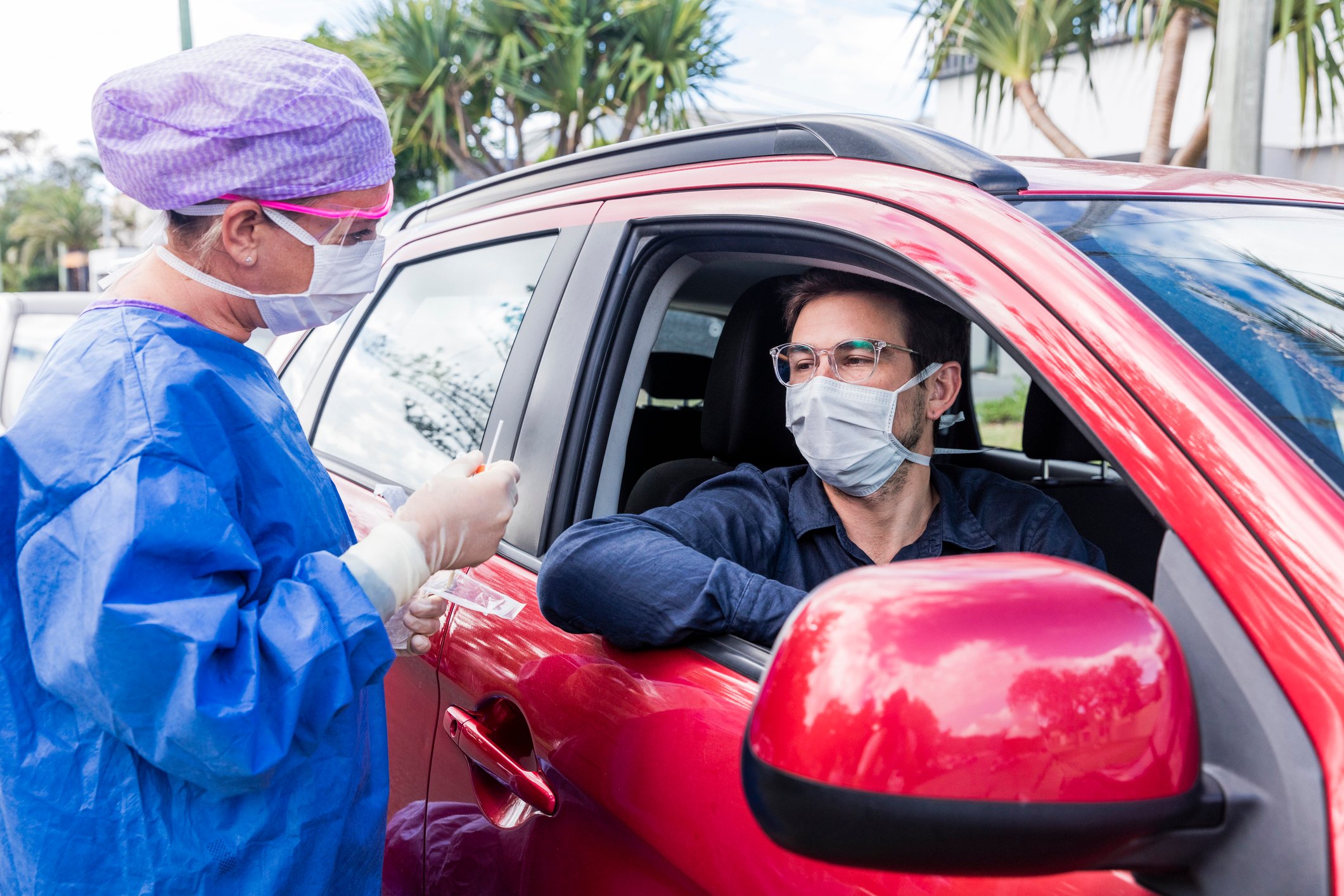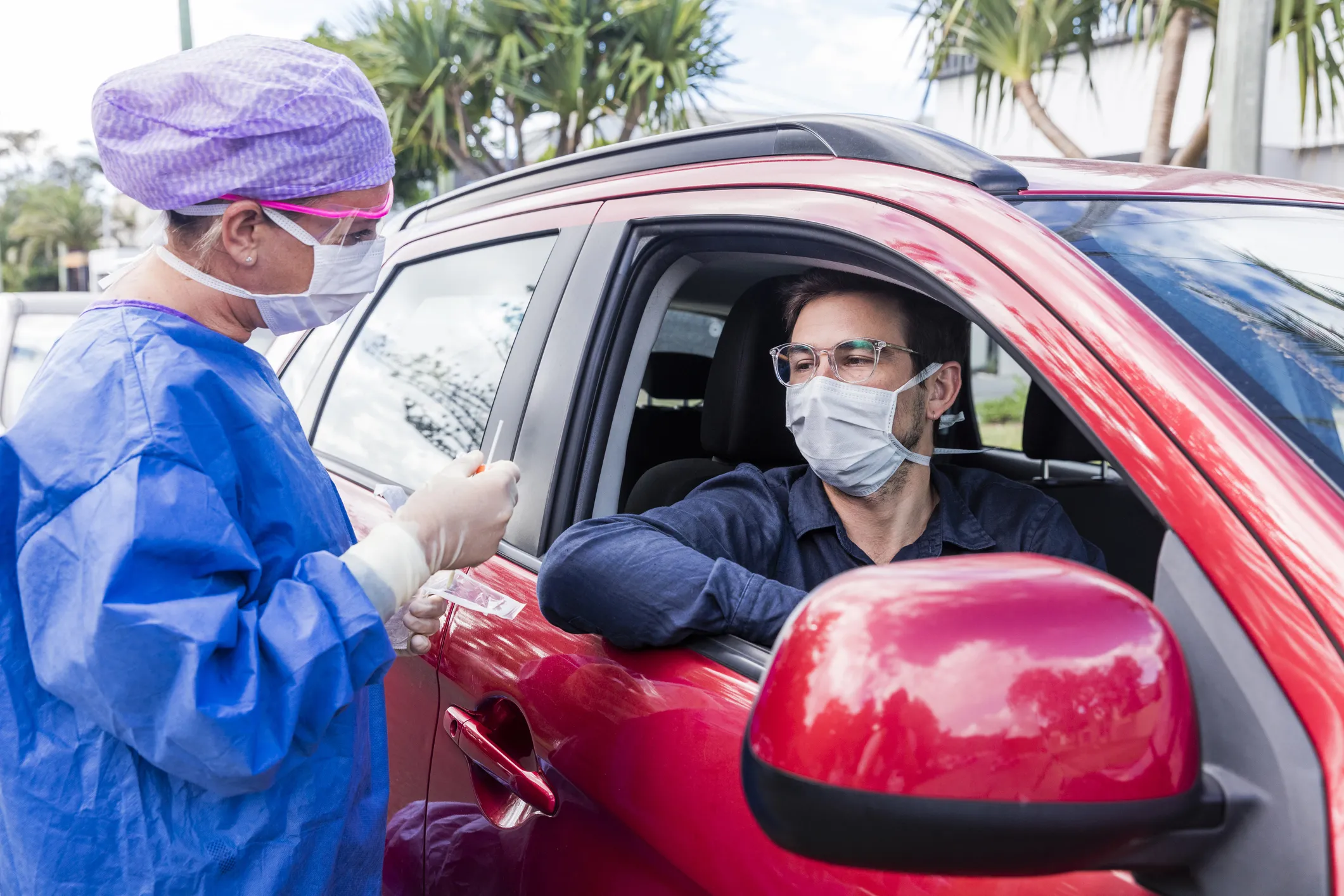What Does Coronavirus Do to the Lungs?
Discussing the effects of coronavirus.
I have previously written about when to worry about your cough. In this blog, I answer some common questions about what coronavirus and a COVID-19 infection may do to the lungs and other organs.

What are the most common symptoms of COVID-19?
Pneumonia, an infection in one or both lungs, is the most frequent serious manifestation of a COVID-19 infection. COVID-19 often carries symptoms of fever, cough and shortness of breath. Other symptoms such as joint pain, diarrhea, loss of smell and taste, loss of appetite, fatigue, nausea and vomiting are also seen in patients infected with COVID-19. However, many patients do not develop any symptoms or have very mild symptoms. These patients are classified as asymptomatic. It’s important to note that COVID-19 does not present any unique symptoms that distinguishes it from other viral respiratory tract infections.
What kind of damage is caused by COVID-19?
COVID-19 most commonly affects the lungs. As stated before, pneumonia is a frequent manifestation and can be mild or severe. Another manifestation is acute respiratory distress syndrome (ARDS), a serious condition which affects oxygen transfer in the lungs due to accumulation of fluid in lung alveoli (air sacs). ARDS generally requires hospitalization and supplemental oxygen. Some patients with ARDS may even require mechanical ventilation. A COVID-19 infection can also cause cardiovascular damage, disrupt the body’s blood clotting abilities, neurological problems and other organ system damage.
Is some damage more harmful or deadly than others?
Patients with mild pneumonia generally have favorable outcomes. However, patients with severe pneumonia and acute respiratory distress syndrome are at higher risk. In particular, patients with severe acute respiratory distress syndrome who require mechanical ventilation are at a very high risk of death.
Are there other factors which increase the risk of damage?
We are still learning about COVID-19 and the specific factors which contribute to the severity of lung damage. However, elderly patients and those with underlying lung conditions like COPD, lung fibrosis and chronic respiratory failure are at higher risk of respiratory complications.
What preventative actions are there to lessen the damage of COVID-19 infection?
Unfortunately, there is no vaccine available at this time. Following physical distancing guidelines has proven to reduce the risk of infection. Those guidelines include:
- Avoiding crowded indoor places
- Keeping at least six feet of distance between yourself and others
- Wearing a face mask
Hopefully, we will have an effective vaccine soon that will provide additional protection. In the meantime, following physical distancing guidelines, proper hand hygiene and disinfecting surfaces are the best ways to reduce the risk of infection.
How long does it take for a full recovery?
The timeline for lung recovery depends on the severity of lung damage and how the lungs function at baseline. Patients with mild pneumonia often recover within weeks. Those with severe pneumonia and acute respiratory distress syndrome can take longer to recover. At this time, we do not know how COVID-19 may affect the lungs long-term.
Featured Image

Dr. Desai is Board Certified in Pulmonary, Critical Care and Internal Medicine. Dr. Desai completed his Pulmonary and Critical Care Fellowship at the University of Buffalo. He received his Doctor of Medicine degree from Smt. NHL Municipal Medical College, Gujarat University in Ahmedabad, India. He completed Internal Medicine Residences at both Gujarat University and State University of New York in Buffalo, NY, where he served as Chief Resident. Dr. Desai completed his Pulmonary and Critical Care Fellowship at State University of New York. He is a published author of numerous research papers, review articles and book chapters.